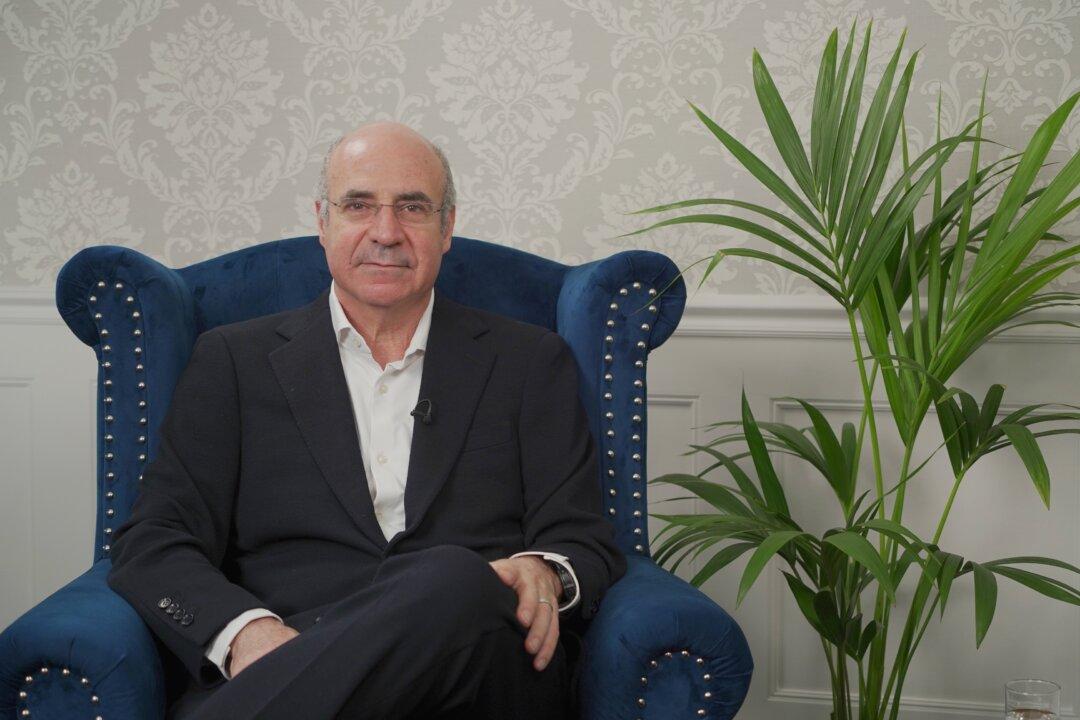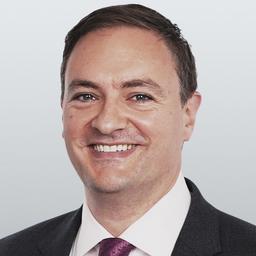A UK-based financier claims Russian President Vladimir Putin has “a personal Vendetta” against him over his role in the global sanctioning of oligarchs.
Bill Browder, a U.S. born financier who later became a UK citizen, is best known for successfully pushing for a piece of U.S. legislation known as the “Magnitsky Act,” which allowed the sanctioning of Russian officials involved in the imprisonment and death of Browder’s corruption-exposing lawyer Sergei Magnitsky in Russia.






